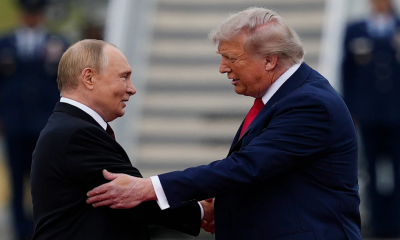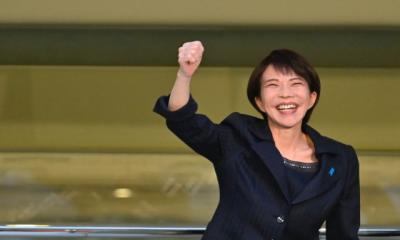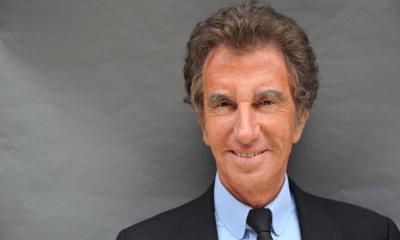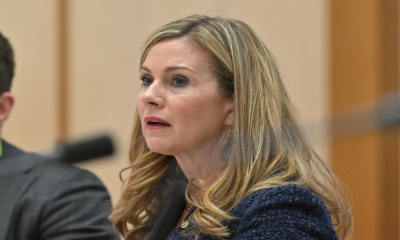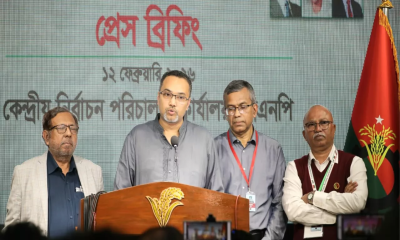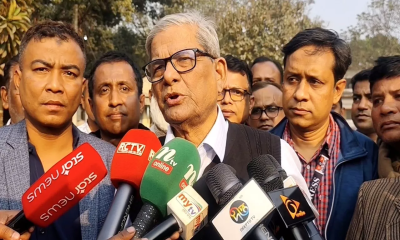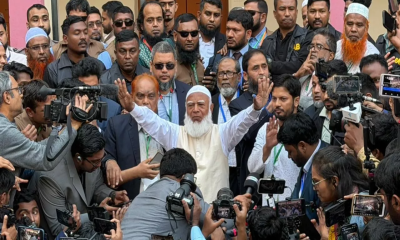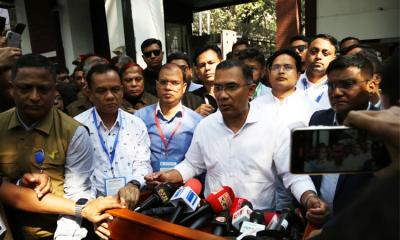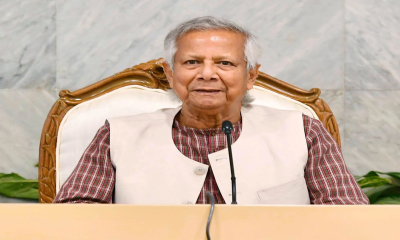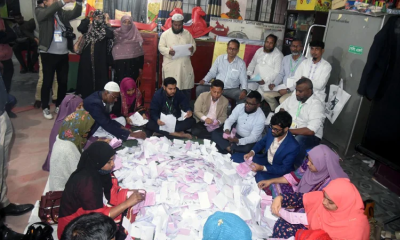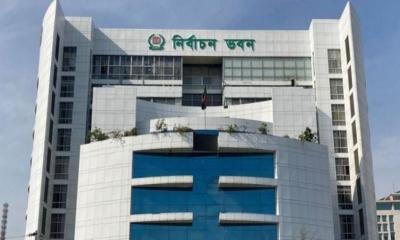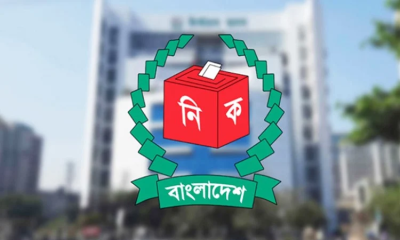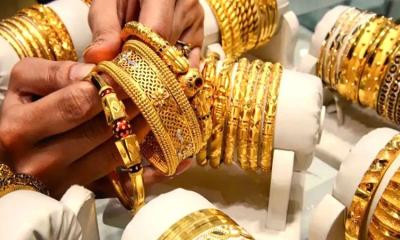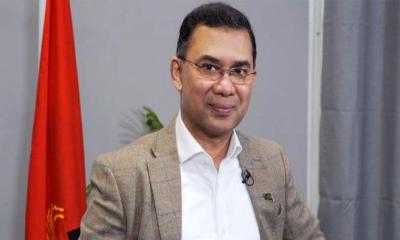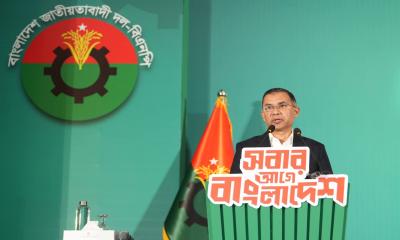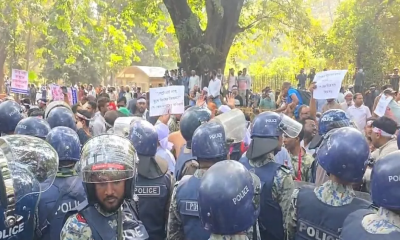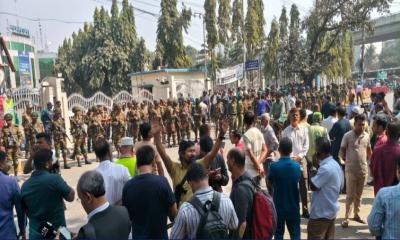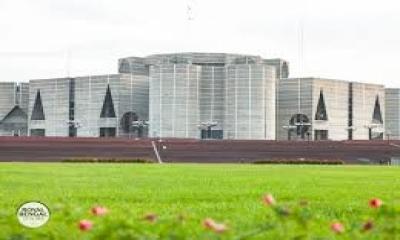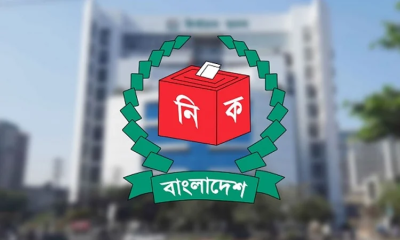Kuwait's crown prince dissolved parliament on Wednesday and called for early elections amid a feud between the government and elected assembly that has hindered fiscal reform, a move welcomed by opposition lawmakers to end the standoff.
Crown Prince Sheikh Meshal al-Ahmad al-Sabah said in a televised speech that the domestic political scene was being "torn by disagreement and personal interests" to the detriment of the U.S.-allied country and OPEC oil producer.
Political stability in Kuwait has traditionally depended on cooperation between the government and parliament, the Gulf region's oldest legislature and most lively. The last time parliament was dissolved was in 2016.
Sheikh Meshal, who was handed most of the ruling emir's duties late last year, said decrees would be issued for the dissolution of parliament and for "elections in coming months".
Emir Sheikh Nawaf al-Ahmad, who has the constitutional power to dissolve parliament, made a brief appearance, looking frail, to say Sheikh Meshal, his half-brother and designated heir, would speak on his behalf, effectively blessing the move.
Analysts said the opposition was expected to make another strong showing in new polls without changes to electoral constituencies in a country with a cradle-to-grave welfare system and where expatriates are a big part of the workforce.
The decision comes at a time when several opposition MPs were staging an open ended sit-in at the parliament complex to press Sheikh Meshal to name a new prime minister to replace the caretaker premier. Lawmakers have also criticised the parliament speaker as pro-government.
"We thank his highness the emir and his crown prince ... our hands as parliamentarians have been tied for two years," opposition MP Ahmad al-Azmi said in a video post on Twitter.
The government resigned over two months ago ahead of a non-cooperation motion in parliament against Prime Minister Sheikh Sabah al-Khalid, a ruling family member who has been premier since 2019 and faced a combative parliament as head of cabinet.
Kuwait bans political parties but has given its legislature more influence than similar bodies in other Gulf monarchies, including the power to pass and block laws, question ministers and submit no-confidence motions against government officials.
Frequent political deadlock in Kuwait has for decades led to cabinet reshuffles and dissolutions of parliament, hampering investment and reform.
"The Al Sabah leadership has been exploring changes in the electoral system. But if taken under the current system, the opposition is in a strong position," said Kristin Diwan, senior resident scholar at Arab Gulf States Institute in Washington.
Diplomats and analysts say perceived corruption, living standards and the economy are the top concerns of most Kuwaitis.





